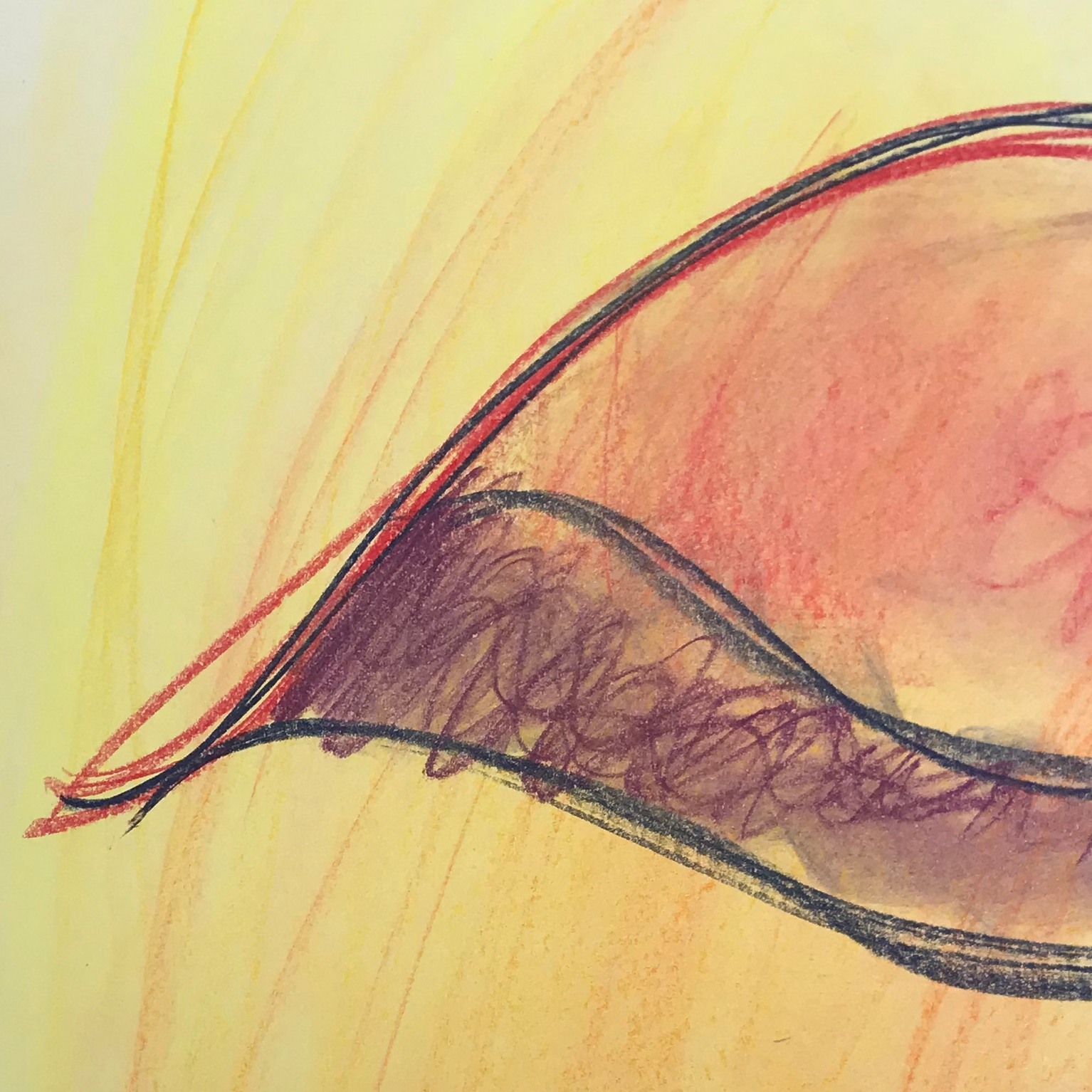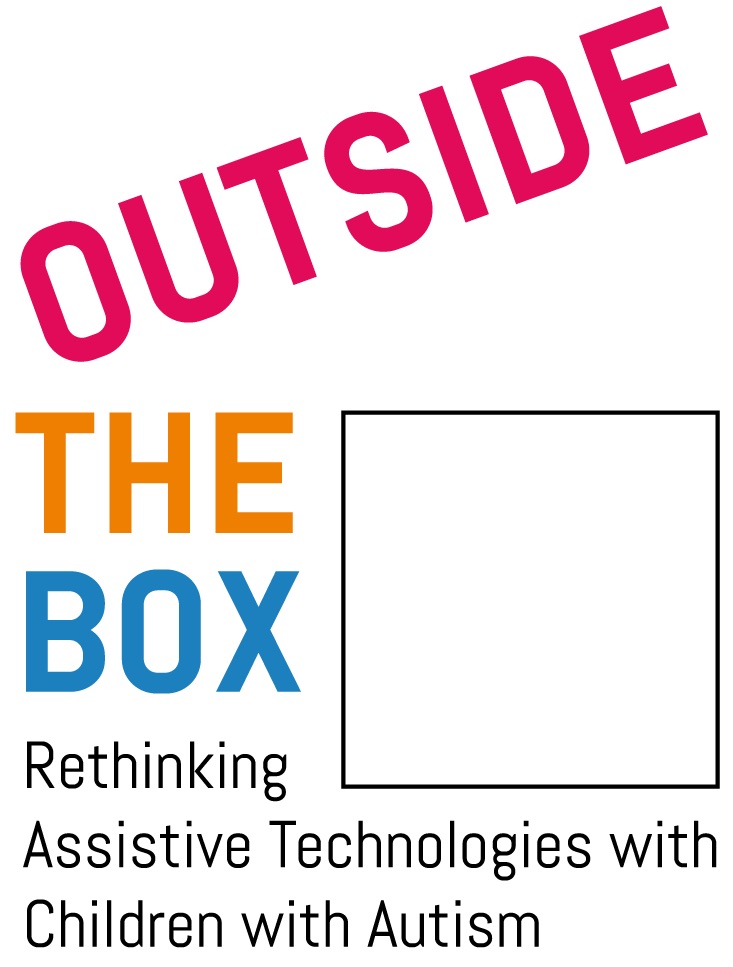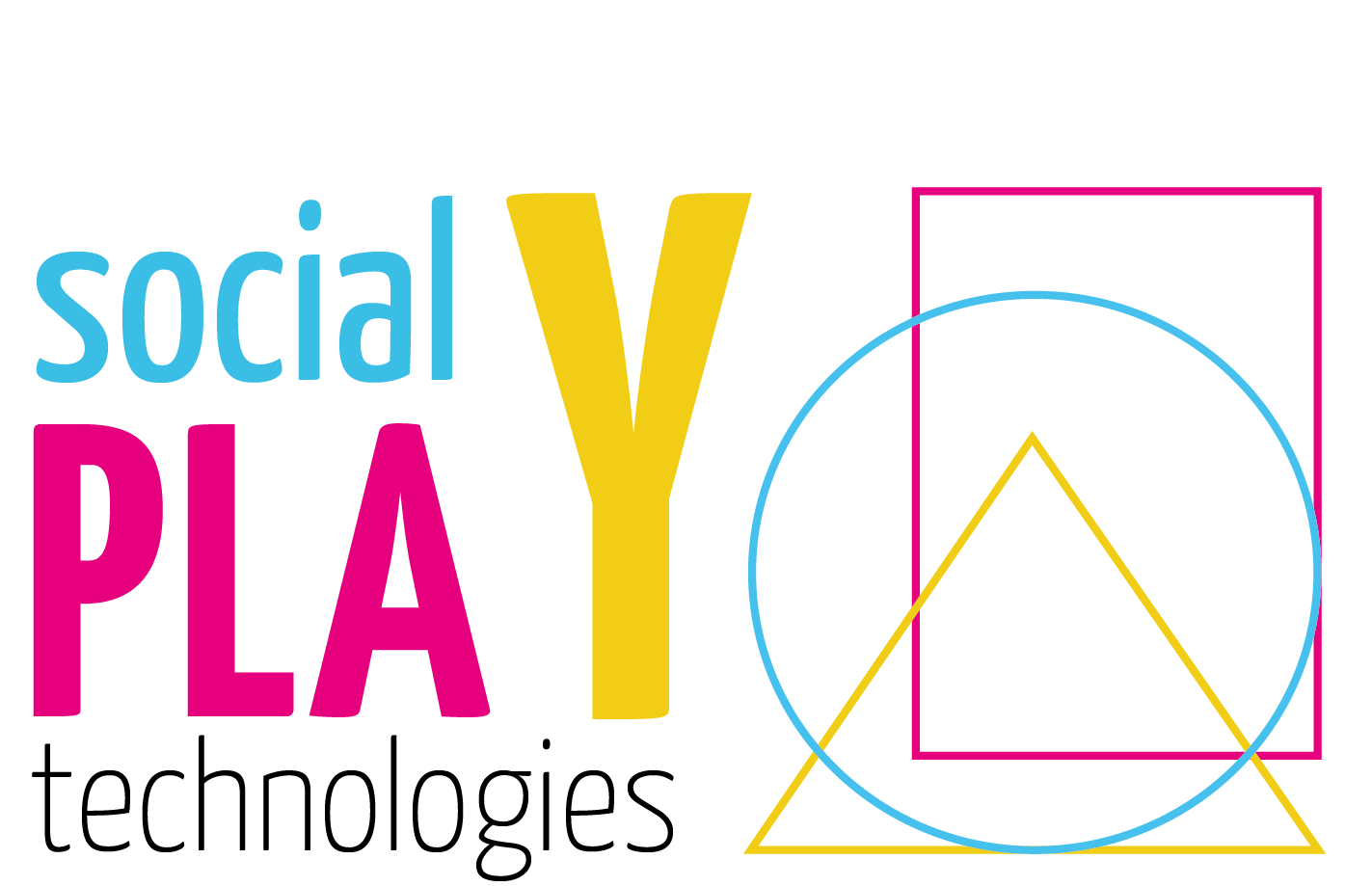Exceptional Norms

By thinking through Exceptional Norms, we investigate how technologies, particularly those related to embodied computing, literally encode normative assumptions and expectations in their artefacts. We conduct critical analysis of existing work which we augment with the development of artifacts in a manner of research through design to account for the vast varieties of human bodies.
Project Homepage: https://exceptional-norms.at
Team: Katta Spiel
Computing technologies in our environment moved from being large mainframe setups increasingly towards, on and even inside human bodies. Innovative technologies like wearables, on-body tattoos or somaesthetic mats engage bodies in interaction. However, a thorough and critical investigation into the conceptualisation of human bodies in interaction with these technologies albeit highly relevant for the research community, is missing so far. With this FWF supported Hertha-Firnberg project hosted by the Human-Computer Interaction Group at TU Wien, we critically analyse how bodies are constructed within Human-Computer Interaction (HCI) and Interaction Design, conduct participatory design with people whose bodies are marginalised by technologies and create two robust research products materialising alternatives to the status quo. Our work details the epistemological and designerly consequences as well as potential counter strategies to dominant normative assumptions.
Give&Take - Designing a reciprocal exchange service for a good and engaged senior life

Give&Take co-designs an innovative digital platform that enables senior citizens to reciprocally exchange services and resources, creating new opportunities for senior citizens to contribute to society as volunteers and caregivers in their local communities. The GiveTake project is funded under the EU’s AAL programme.
Project Homepage: givetake.eu
Through social and digital media innovation the Give&Take project:
- Strengthens the quality of life of senior citizens through occupation and social engagement as a key to mental, social and physical fitness.*
- Explores the societal potential of informal community support and civic engagement for tasks currently supported by the public sector.*
- Improves the ability of senior citizens to live as independently as possible.*
A shift from public care services to informal community support and civil engagement not only empowers seniors but also prevents dependencies and increased public consumption – several national and European projects have demonstrated how volunteering networks are defining new learning opportunities and ways to contribute to society. The senior citizens have untapped knowledge and experience, time and energy, as well as their own financial resources to contribute as citizens, volunteers, and particularly as workers and consumers.
iToilet - ICT-enhanced Toilet Supporting Active Life

The iToilet project addresses older persons who are living independently at home and the needs they have when using a toilet.
Project Homepage: http://itoilet-project.eu
Team: Paul Panek, Peter Mayer, Georg Ehrenfels
The iToilet project targeted the needs of older persons who are living independently at home when using a toilet. The project aimed at developing an ICT enhanced toilet system, which is able to empower older persons to live more independently and with increased dignity. iToilet also aimed at reducing the workload of the care persons when providing personal assistance on the toilet.
OutsideTheBox

With OutsideTheBox we will think laterally and outside of typical boxes and categorisations. We will design new technologies with autistic children which are not exclusively driven by functional limitations, but engage children in all their diversity and with all their differences.
Project Homepage: http://outsidethebox.at
Team: Christopher Frauenberger, Julia Makhaeva, Katta Spiel
Technology has changed our lives. We find the cinema on Google Maps, use public transport with tickets on our mobile and let our watch tell us how many calories we have burnt and what is left in the fridge. And although people with autism are often drawn to technology, we know little about their ideas for future roles of technologies.
SEL4Home - Supporting children’s social-emotional learning at home

A principal challenge for existing social-emotional learning (SEL) programs is to provide reinforcement of the learnt competencies in everyday contexts and beyond the in-school lessons. SEL4Home project starts to bridge this gap by exploring how novel technologies can extend the programming into the homes of learners.
We collaborate with SEL developers and researchers at Committee for Children—the developers of Second Step, used by more than 8 millions of children in USA; as well as the VIBE group at Microsoft Research.
SocialPlayTechnologies

Social play is key for successful inclusion of children with disabilities and has significant impact on their wellbeing and development. Typical traits in autism, such as impaired social and communication skills and repetitive behaviours, make social play particularly challenging for children diagnosed on the spectrum, exposing them to a wide range of mental health risks. This project investigates how technology can help support social play activities in mixed, co-located groups of autistic and neuro-typical children, aged 6 to 8 years. We aim to develop smart play objects, which can intelligently react to social situations to scaffold interactive play experiences of autistic children and their typically developing peers. For such objects to be meaningful to different children, it is key to involve them actively in their design.
Teaching conflict resolution through Minecraft

Minecraft multiplayer servers allow millions of children from around the world to build, play and problem solve together in a shared virtual space. As conflicts between players are common, these online spaces offer unique opportunity to help children develop effective conflict resolution skills that would then transfer to real-world settings.
This project draws on 40 years of conflict resolution curricula in Prevention Science to develop in-game tools that embedded learning into the Minecraft gameplay. To explore this space, we collaborate with leading game researchers (Katie Salen, Mimi Ito) as well as SEL developers at Committee for Children (the developers of Second Step, used by more than 8 millions of children in USA).